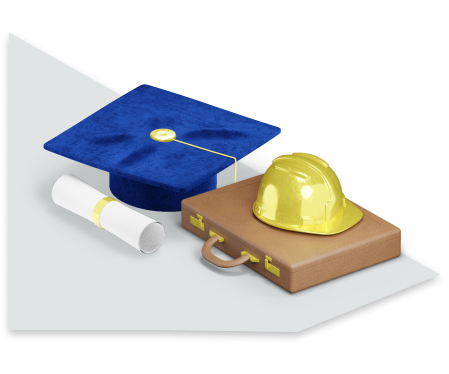What if Your Us Visa Renewal Application Is Denied?
If your renewal application is denied, the US consular services will inform you about the reason for denial. Most often, applications for US visas are rejected because of incomplete documentation or because they are suspicious of the applicant’s intent in the US.
When your US visa application in denied, you have the option to apply for an Ineligibility Waiver.
What Is the Electronic Visa Update System (Evus)?
EVUS (Electronic Visa Update System) is the online system used by nationals of China holding a 10-year B-1 or B-2 (visitor) visa periodically to update basic biographic information to facilitate their travel to the United States. In addition to a valid visa, such travelers will be required to complete an EVUS enrollment to be admitted into the United States.
Who Will Need to Comply With Evus Requirements?
You will need to comply with EVUS requirements if you are a national of China holding a 10 year B-1, B-2, or B-1/B-2 (visitor) visa who needs to renew that visa.
Attending the Green Card Interview and Awaiting Approval
The parent will be required to attend an interview at a US Consulate or Embassy if going through consular processing, and may be required to attend an interview if using adjustment of status.
They will be required to attend an interview in the city or country they live in, and will need to bring:
- Their USCIS appointment letter.
- An unexpired passport valid for six months beyond the intended date of entry into the United States, if they applied using consular processing
- Two identical color photograph(s)
- English translations of documents requiring translation
- Supporting documents — original or certified copies of all civil documents the parent uploaded into the Consular Electronic Application Center (CEAC), if they applied using consular processing
The parent will then be asked questions about their relationship to the sponsoring child, in order to verify that their visa application is genuine. If the interview is successful, the visa will be granted, and the parent will be able to immigrate to the United States.
Once the parent is in the United States, USCIS will mail their green card to their U.S. address.
After Filing Your Petition
You will be notified by USCIS if your Form I-130 petition is approved or denied. If it is approved and your parent is outside the United States, he or she will be notified to go to the local U.S. consulate to complete visa processing.
If your parent is currently in the United States, he or she may be eligible to file Form I-485, Application to Register Permanent Residence or to Adjust Status, at the same time as you file Form I-130.
Employment Authorization (Work Permit)
Your parents do not need to apply for employment authorization (work permit) once they are admitted as an immigrant with their immigrant visa. If your parents are now outside the United States, they will receive a passport stamp upon arrival in the United States. This stamp will prove that they are allowed to work in the United States until their Permanent Resident Card is received.
If your parents are in the United States and have applied to adjust to permanent resident status by filing Form I-485, they are eligible to apply for employment and travel authorization while their case is pending. Your parents should use Form I-765, Application for Employment Authorization and Form I-131, Application for Travel Document, to apply for travel authorization. The fee for Form I-485 also covers Form I-765 and Form I-131 until a decision is made on the application to adjust status.
My Petition was Denied: Can I Appeal?
If the visa petition you filed is denied, the denial letter will tell you how to appeal and how much time you have to file the appeal. After your appeal form and the required fee are processed, the appeal will be referred to the Board of Immigration Appeals.
What Should My Dependent(s) Know About Travel?
Your dependents should be fully prepared with all important documents while travelling and understand the visa they're holding, the laws and regulations of the United States, and what they're allowed to do in the US as dependents.
As a conditional resident, you are free to travel abroad just like any other lawful permanent resident.
Can My Dependent(s) Study/Take Classes in the U.S.?
Dependents can engage in study at an SEVP-certified school in the United States as long as they are enrolled in less than a full course of study.
Is Volunteering Allowed in F-2 or J-2 Status?
The F-2 spouse and children of an F-1 student may not accept employment in the U.S. However, they may do volunteer work as long as there is no compensation of any kind and the F-2 dependent is doing a job usually done by volunteers. The same rules apply to someone holding J-2 status.
Something Powerful
Tell The Reader More
The headline and subheader tells us what you're offering, and the form header closes the deal. Over here you can explain why your offer is so great it's worth filling out a form for.
Remember:
- Bullets are great
- For spelling out benefits and
- Turning visitors into leads.







